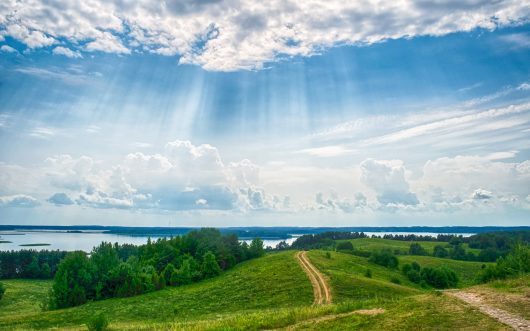Three Major Efforts in Sustainable Agriculture in Belarus

Sustainable agriculture in Belarus may not be the first thing that comes to one’s mind when thinking about the region, but in reality the issue is of utmost importance. Although Belarus is a country with nearly 43 percent of the land being conducive to agriculture, it is also plagued by past nuclear fallout, and by a lack of resources for sustaining an agricultural economy.
Numerous nonprofits and government organizations are currently trying to make moves towards building up sustainable agriculture in Belarus, including the Food and Agriculture Organization of the United Nations, the REALS project and the Foundation of Realization group. These organizations are not only exploring organic farming, but are also working to clean up the land and make it habitable again.
1. The U.N. Food and Agriculture Organization
The Food and Agriculture Organization of the United Nations, or the FAO, recently signed a four-year cooperation agreement with Belarus to improve sustainable agriculture and development in the area. According to their website, they won’t solely be focusing on agricultural growth, but they will also be looking at how product from Belarus can be pushed in the international trade markets, effectively growing product and making a more competitive production market inside the country.
Some of their other foci include preventing climate change through the growth of resource conservation, and promoting jobs in the agriculture industry in the region.
2. The Resilient and Ecological Approaches for Living Sustainably Project
The Resilient and Ecological Approaches for Living Sustainably (REALS) project is a nonprofit organization focused on organic farming in the Belarus region, along with socio-economic development in eastern Europe. REALS concluded in August 2016, but according to the website, the group focused on growing local empowerment through bottom-up interactions, encouraging groups of existing local initiatives to increase agricultural development in their own towns.
The project also participated in regrowing ecosystems through regenerating fertile soil and ensuring that clean water is available to local communities. REALS had a large impact on the Belarus population, and encouraged ground-up participation in sustainable agriculture in Belarus.
3. The Foundation of Realization
The Foundation of Realization is an eco-group in Belarus that attempts to encourage and grow organic farming in the area. The Baltic region is still affected by the aftermath from the 1986 nuclear fallout at Chernobyl, and the Foundation of Realization is calling for the government of Belarus to be more accountable for the lack of organic farming resources actually being distributed in the region. In addition, the group does extensive research in the areas of regeneration of land and the effects of Chernobyl on the Belarusian community.
There are plenty of movements within Belarus, and there are also groups that are working to help provide for the many who are still affected by agriculture infertility in the area. Sustainable agriculture in Belarus is a long-term project, but it is one that is being thoroughly pursued.
– Molly Atchison
Photo: Flickr
